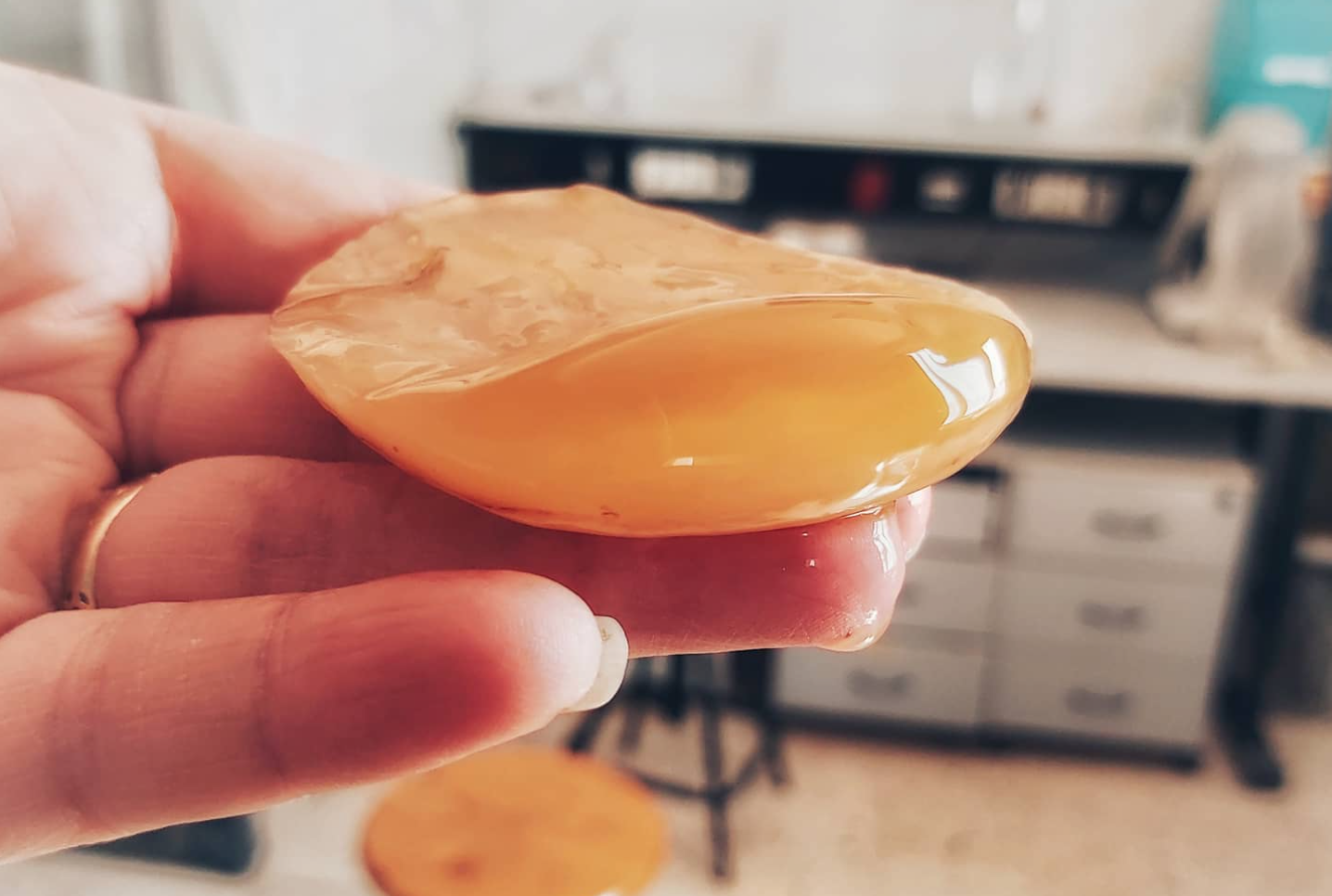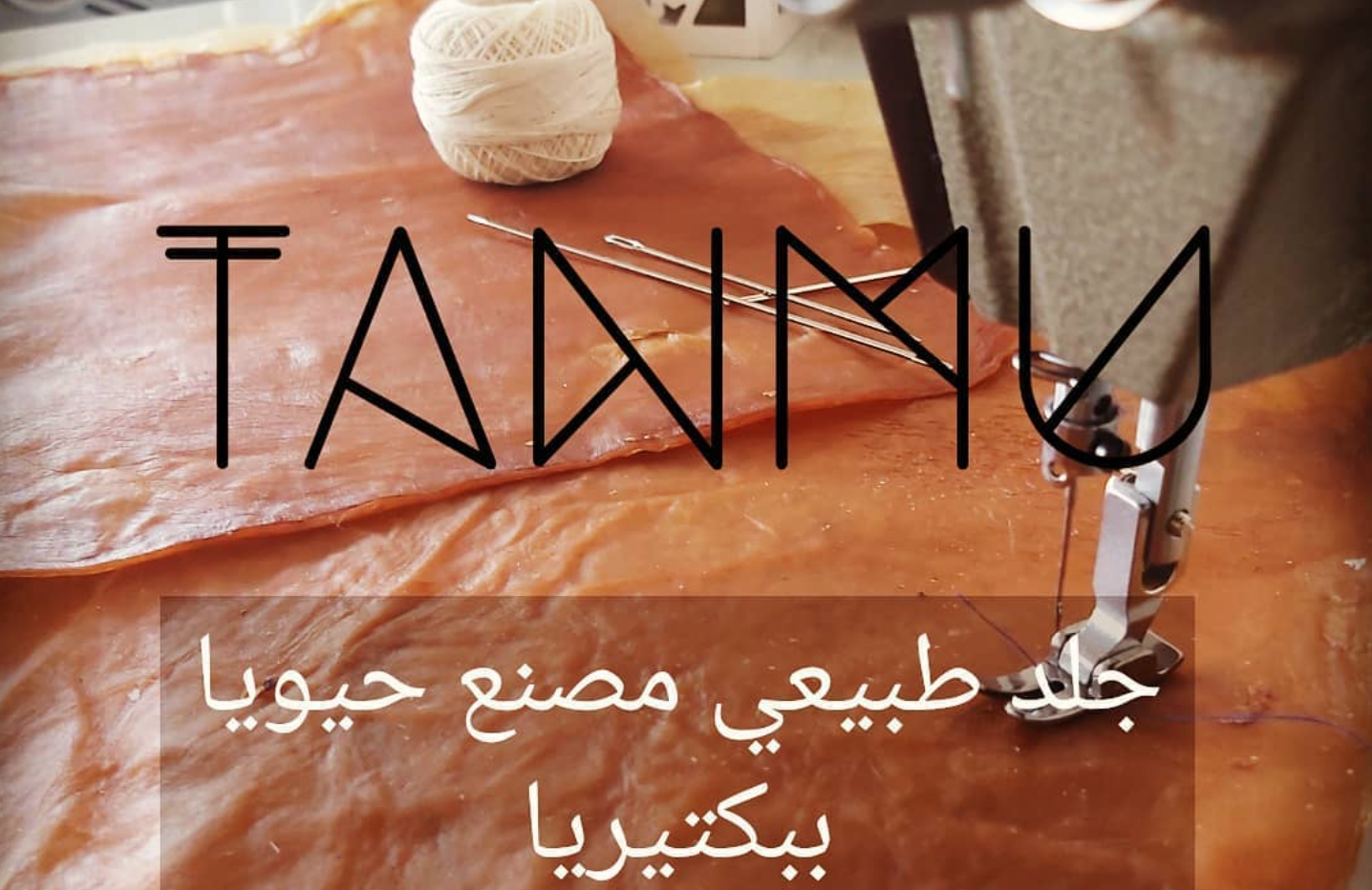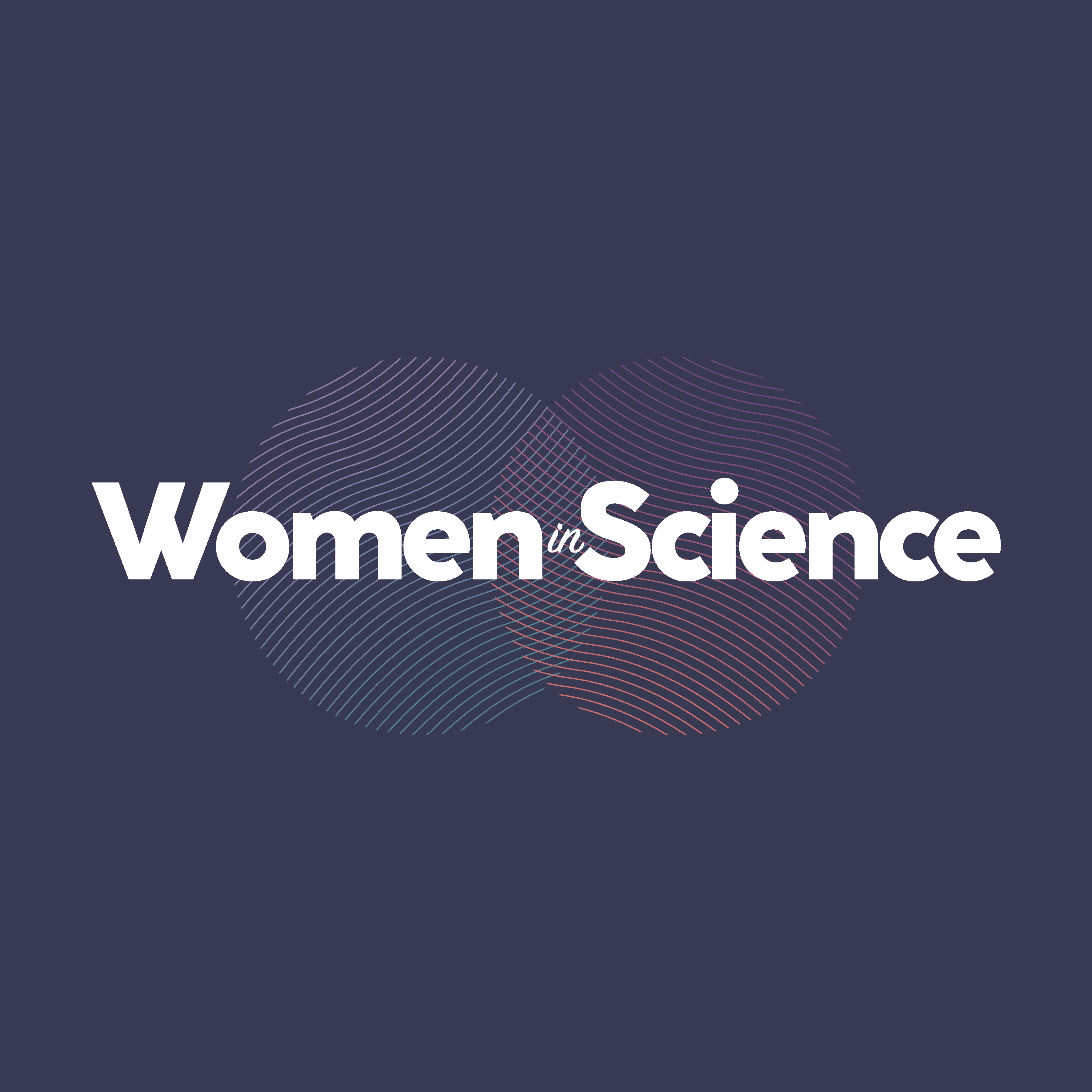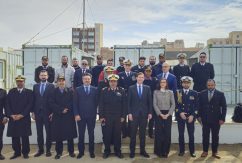“By looking at things from the opposite side, I saw an opportunity that no one else could fathom.” These are the words that Dr. Yamina Bouchikh, a 37-year-old Doctor in Biology from Algeria, uses to describe her work with TANMU, a project that develops alternative materials from bacterial cellulose. “Since I come from the field of ecology, I always looked at bacteria as beneficial actors in the ecosystem, rather than ‘bad microbes’ that we should get rid of.” Yamina believes more attention should be paid to the “invisible world of multi-organisms”, which tends to be neglected despite its “incredibly intelligent and fruitful nature”.
The project she founded and hopes to see become a full-fledged start-up, TANMU, makes use of these micro-bacteria from household, agrifood and agriculture industry waste to create sustainable, ecological material like vegan leather. “I see bacteria as the boss of everything,” she says with humour, explaining that TANMU is a project that “witnesses bacteria at work rather than does work itself”. For the professor, innovation should always be the driver of ecology: “we tend to stay stuck in our ways of thinking and our archaic processes when, if we really want to change things, radical change is needed, up until our ways of seeing bacteria and ecosystems.”
Her biggest challenge as a woman scientist? To combine her many roles as a mother, researcher and entrepreneur. “Women are heroes. Being able to balance the chaos of personal and professional worlds, while still mastering both roles, is absolutely incredible.”
Gallery




THE NEXT SOCIETY is an open community of changemakers, entrepreneurs, investors, corporates, NGOs, public and private innovation, research and economic development hubs from Europe and 7 Mediterranean countries: Algeria, Egypt, Jordan, Lebanon, Morocco, Palestine and Tunisia. THE NEXT SOCIETY aims at mobilising, promoting and reinforcing innovation ecosystems and economic development in the MENA region.






























 Syria
Syria 
